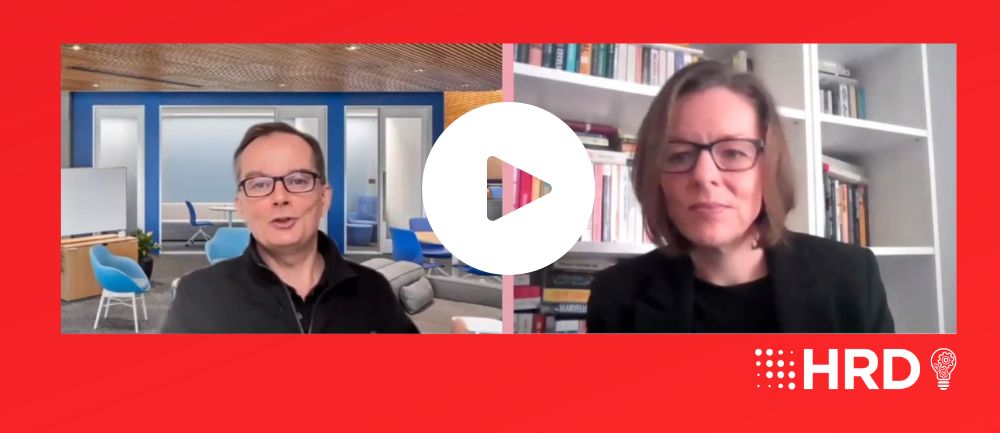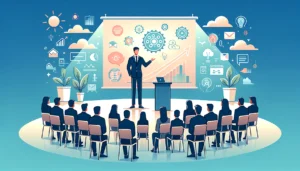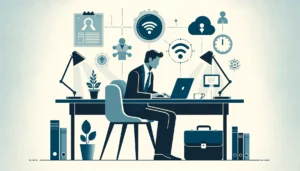Re-evaluation of the workplace: Age of hybrid working
- 2 Min Read
Over the last two years, with remote working in full swing, technology has taken the reins when it comes to dealing with employees on a personal level. Join Richard Doherty and Gemma Dale as they talk about the future of HR post-pandemic and how to ensure that technology makes remote working a seamless affair – not only for the manager, but for the employee too.
- Author: Neville Chesan
- Date published: Jun 17, 2022
- Categories

With HR technology advancing leaps and bounds as a result of the pandemic, it has become easier for companies to maintain a database of employee mindsets and behaviors. What is significant is how one uses the data to fine-tune the role of HR in making remote and hybrid work easier for both the company and employee.
Asynchronous work might be a new aspect for companies to explore – especially those that rely heavily on daily meetings to ensure uniform productivity. With automation taking the driver’s seat over the last two years, it is imperative to help company culture accommodate the future of work.
Richard Doherty is the Senior Director Product Marketing at Workday with EMEA-wide responsibilities for Workday’s HCM and financial management applications. Prior to Workday, Richard was part of a team that pioneered cloud-based recruiting and talent management solutions in Europe. Gemma is an experienced senior HR professional, Chartered Fellow of the CIPD, Fellow of the HEA and a regular speaker and writer on a variety of HR topics including employee engagement, flexible and hybrid working and wellbeing. Gemma is the author ‘Flexible Working’ published by Kogan Page. Her next book, ‘How to Work Remotely’ will be published in 2022.
Follow the discussion between Richard and Gemma with your free subscription to HRD Connect: The changing workplace: how can we embrace the future of work?
Key Time Stamps:
0:17 – How to use employee data in your organization?
1:04 – How should HR technology support the future of work?
1:56 – Time-flex for better work management
2:47 – How to get people to use the new technology?









